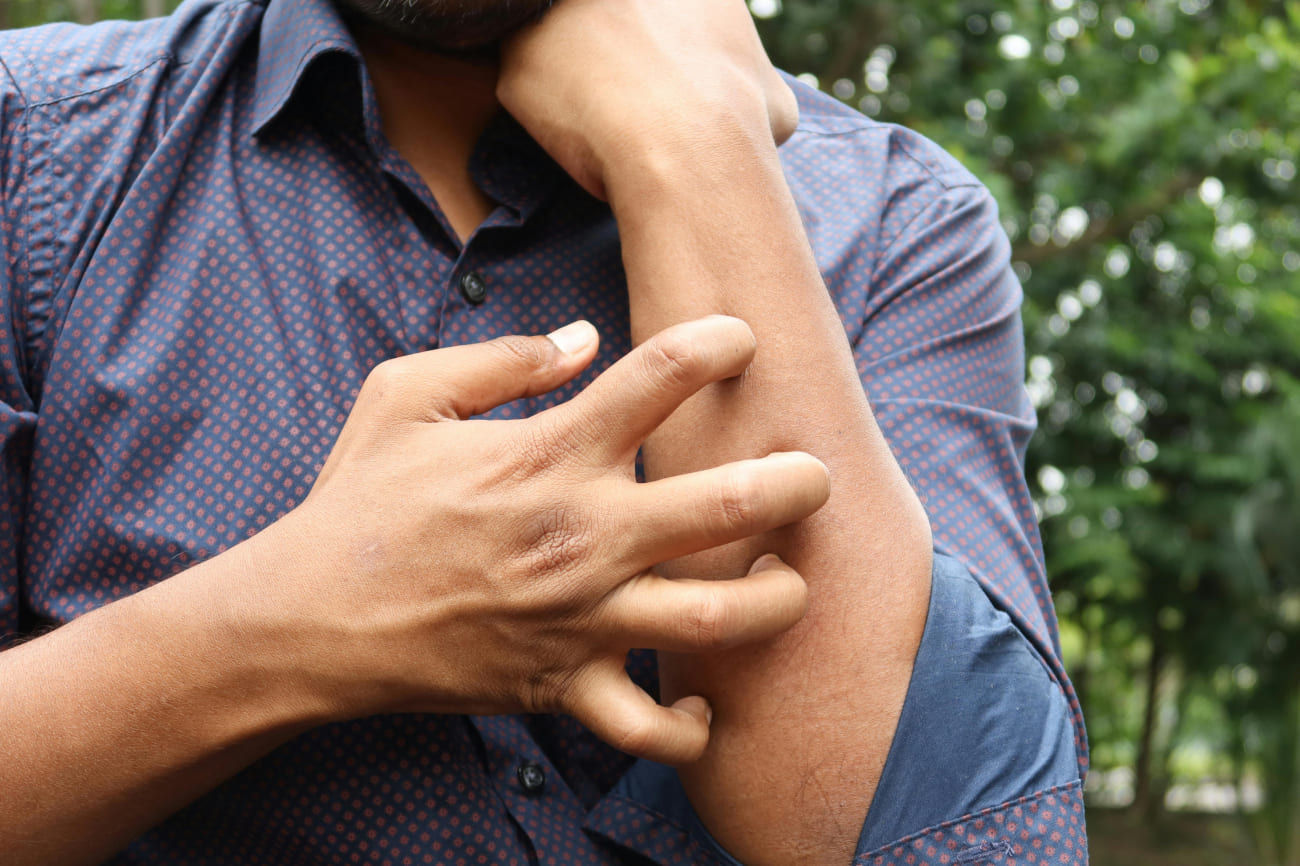Skin Rashes: Causes Treatments, and Prevention

Has your skin been acting up lately? If you find yourself scratching, itching, or searching for skin rash pictures online, you’re not alone. Skin rashes can be annoying, confusing, and, honestly, a little scary. But with the right medication, they’re entirely treatable.
We’re here to help you understand the different types of skin rashes and explore possible treatment options. Whether you're dealing with a mysterious red patch or trying to figure out what triggered that recent flare-up, we've got the information you need.
-
Understanding Common Skin Rashes
Skin rashes can vary widely in appearance, but some are more common than others. One of the most familiar rashes is eczema, often seen as dry, itchy patches on the skin. Eczema (atopic dermatitis) tends to be chronic and can flare up due to stress or allergens. Another common culprit is contact dermatitis, when your skin reacts to something it touches, like poison ivy, soap, or certain metals.
Next on the list is psoriasis. When searched online, you can recognize this by red, scaly patches that can be itchy or sore. It results from an overactive immune system and often appears on elbows, knees, and the scalp. Hives, those raised, itchy welts, are typically caused by an allergic reaction and can appear suddenly, making them another frequent skin issue.
-
Identifying the Causes of Skin Rashes
Understanding and identifying the cause of your skin rash is crucial for finding the proper treatment. Allergies play a significant role, with foods, pollen, and pet dander being common triggers. Stress and anxiety can also exacerbate or even cause certain rashes, such as eczema or hives. Infections, both bacterial and viral, might also lead to rashes; chickenpox and shingles are examples of viral infections that cause distinctive skin eruptions.
Medications can sometimes be the culprits behind skin rashes. Certain antibiotics, anti-seizure drugs, and even over-the-counter pain relievers can provoke an adverse skin reaction. Environmental factors shouldn't be overlooked either—extreme temperatures, humidity, and exposure to harsh chemicals may cause skin irritation.
-
Effective Treatments for Skin Rashes
The approach to treating skin rashes depends on the underlying cause. In mild cases, over-the-counter creams and ointments can help relieve itching and inflammation.
Prescription medications may be necessary for more persistent or severe rashes. Dermatologists can prescribe stronger topical treatments or oral medications to effectively manage conditions like eczema or psoriasis.
-
When to Seek Professional Help
While many skin rash types can be treated at home, some situations require professional attention. If your rash is accompanied by fever, severe pain, or signs of infection like pus or increased redness, it is time to see a doctor.
Similarly, if over-the-counter treatments aren't providing relief or your rash recurs frequently, consulting with a dermatologist can offer insights into more effective strategies.
Understanding skin rashes and their possible treatments empowers you to take control of your skin health. You can manage and prevent unwanted skin issues by identifying triggers, exploring treatment options, and consulting professionals when necessary.
Remember, every skin is unique, so what works for one person may not be ideal for another. So stay informed, be proactive, and don't hesitate to seek help when needed.
